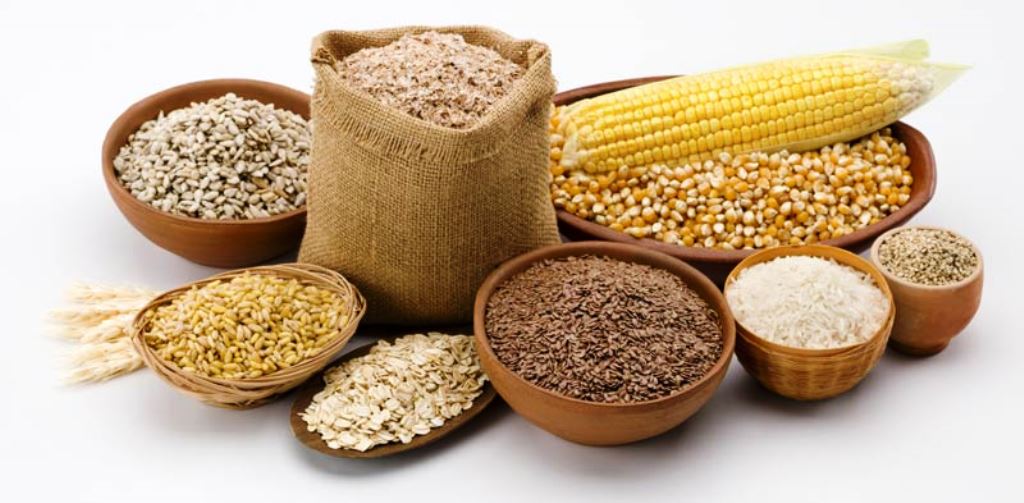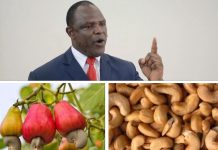AfricaPress-Tanzania: THE Cereal and other Produce Board of Tanzania (CPB) is set to introduce contract farming in various parts of the country, advising farmers in groups to utilise the opportunity.
Farmers in the Southern Highlands will be the first beneficiaries of the initiative (contract farming) in the nearest future, as history shows that the regions are best producers of maize, said CPB Sales and Marketing Officer Evans Mwanibingo at the 44th Dar es Salaam International Trade Fair (DITF).
“The decision came after the fifth-phase government empowered the board with about 10bn/- capital to help us run such an initiative and at the same time buy farmers’ produce,” he said, adding that: “The next beneficiaries will be the Lake Zone, Morogoro and Katavi regions where rice is abundantly grown, as well as Kilwa District, Lindi Region, to boost cassava production.”
He noted that the reality was that the board was legally introduced in 2009, but nothing had been done since then as a result of financial constraints.
It started operating from 2015 when apart from financial support in terms of cash money, the fifth phase government also turned the board into a business-oriented entity and allowed it to secure loans from financial institutions.
As a result of becoming the profit making entity, the board has been also doing the business through among others, buying farmers’ produce and seeking markets in and outside the country.
Mr Mwanibingo, therefore, encouraged farmers to utilise such an opportunity, saying that the board had already secured markets for various farm produce in the World Food Programme (WFP), the DRC, Rwanda, South Sudan and China.
Farmers who sell their produce (to the board) have been not only benefiting economicwise, but also gaining knowledge in best farming practices, training offered by the board in collaboration with other stakeholders, including councils and some development partners.
“In their groups, farmers are taught on how and where to find best seeds, application of pesticides and modern agricultural methods, including plant spacing,” said the sales and marketing officer, adding that: “The board is also much concerned with industrialisation. That is why it supports farmers for availability of quantity and quality farm outputs to feed industries.”
He urged farmers to prioritise the quality of their produce to let the board maintain available international markets.







